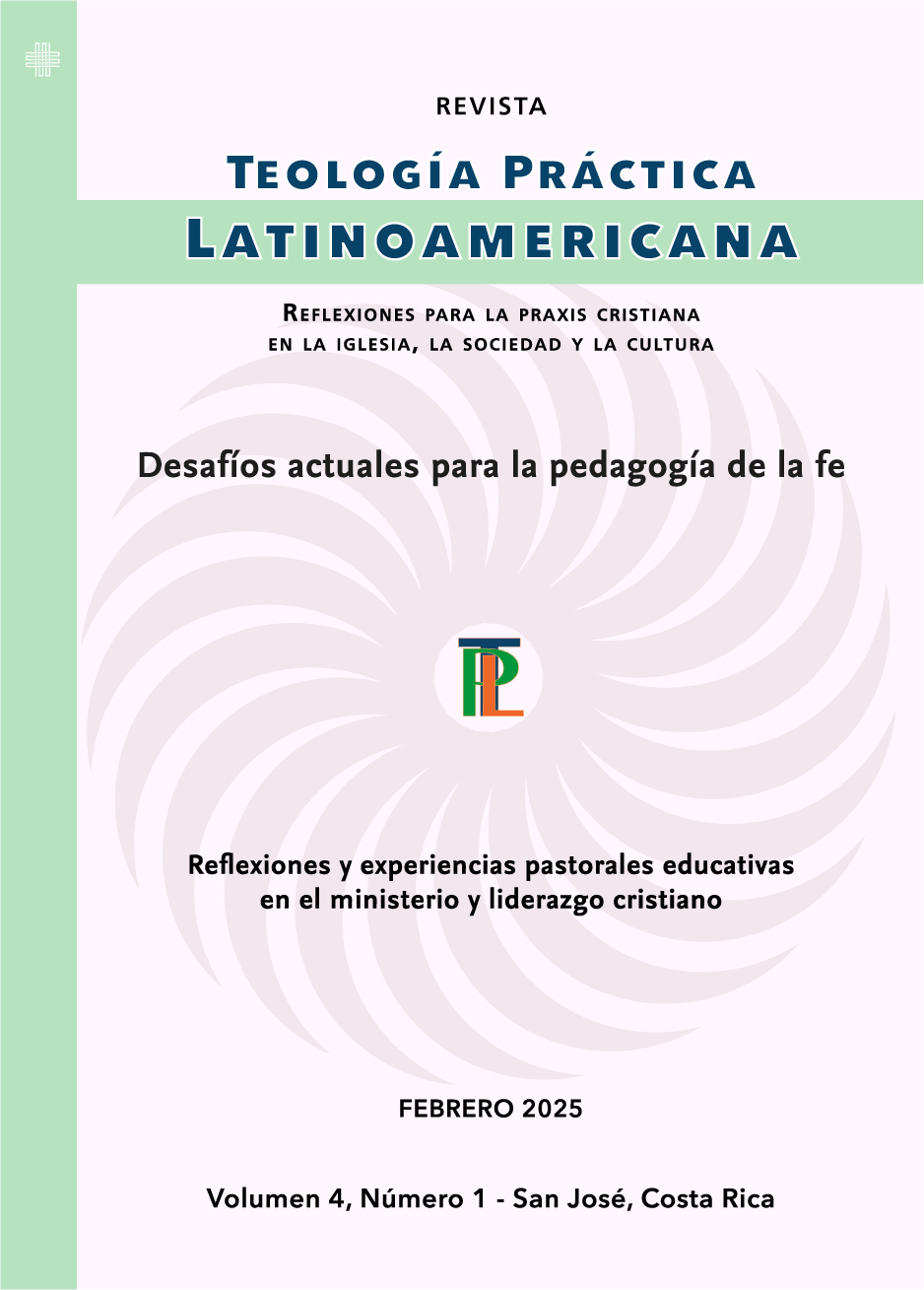Educación teológica e inteligencia artificial (IA)
¿Una relación antagónica o sinérgica?
Resumen
La pregunta sobre si la IA puede reconfigurar los fundamentos de la educación teológica y de la pedagogía de la fe se ha convertido en un tema relevante en el diálogo entre la tecnología y la teología. Esta intersección plantea preguntas inquietantes sobre la naturaleza de la realidad, el papel de la humanidad, y cómo la tecnología impacta nuestra experiencia espiritual y comprensión de Dios.
La IA ha emergido como una herramienta prometedora para la investigación y educación teológica, ofreciendo nuevas posibilidades para el análisis, la exploración de datos y la construcción de modelos teóricos complejos. El encuentro entre ambas ha suscitado un debate de gran envergadura acerca de la posibilidad de que la IA revolucione los paradigmas de la educación teológica.
Si bien la capacidad de la IA para analizar grandes conjuntos de datos y generar patrones complejos ofrece nuevas perspectivas para el estudio teológico, también plantea grandes desafíos éticos, epistemológicos, hermenéuticos y metodológicos. La idea de incorporar la IA de manera efectiva en el proceso de enseñanza aprendizaje en teología suscita interrogantes cruciales sobre la naturaleza de la evidencia teológica, el papel de la hermenéutica y las implicaciones epistemológicas de la automatización de ciertos procesos cognitivos.
Otras controversias giran alrededor de los potenciales sesgos en los algoritmos de la IA y sobre su incapacidad de comprender el sufrimiento, la esperanza, el misterio de la gracia y las dimensiones humana y espiritual de la praxis celebrativa de las comunidades de fe.
